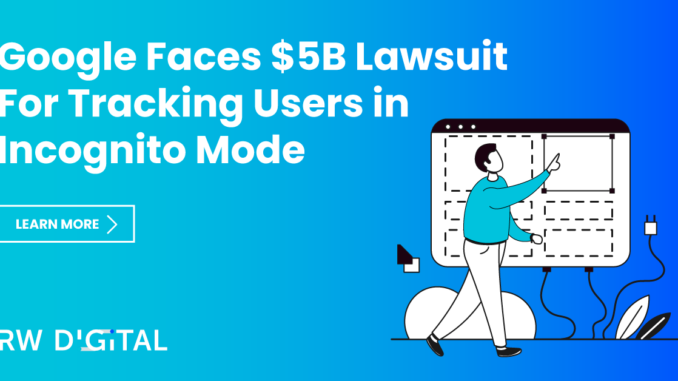
Google Chrome’s Incognito Mode is now facing a $5 billion class-action lawsuit which alleges Google Chrome tracking users during private browsing sessions.
The lawsuit alleges Google is in violation of wiretapping and privacy laws for intercepting, tracking, and collecting communications when Chrome’s Incognito mode is in use.
Google also notes that the plaintiffs agreed to Chrome’s privacy policy which discloses its data collection practices.
How clear does Google make it that users’ data can still be collected in Incognito mode? Let’s take a look.
When a user uses Google Chrome Incognito, Incognito states that “now you can browser privately, and other people who use this device won’t see your activity.”
However, Incognito also states that “your activity might still be visible to the websites you visit, your employer or school, and your Internet service provider.” Overall, there seems to be a lot of grey area in Google Chrome Incognito privacy policy. On one end, Google Chrome says that your browsing history is private but on the other end, your online activities may still be visible or tracked. Confused? Same here.

Leave a Reply